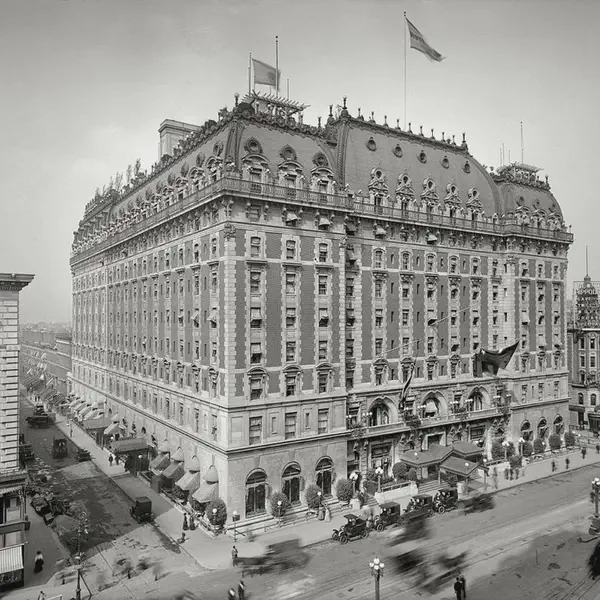
First Irish Race Convention is held in New York City
The 1916 convention, comprising 2,300 delegates at the Hotel Astor, was held six weeks before the Easter Rising, and considered the division between the Home Rule parties and the more militant nationalists. The Rising would be supported by Clan na Gael, but other members remained hopeful that the 1914 Home Rule Act, which had been passed but suspended during World War I, might work.
ireland
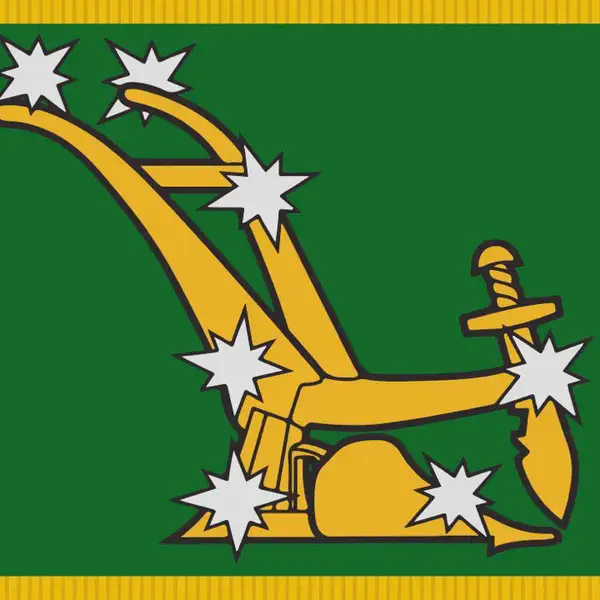
Secret negotiations result in alliance of the Irish Citizen Army with the Irish Republican Brotherhood
The secret negotiations between the Irish Citizen Army (ICA) and the Irish Republican Brotherhood (IRB) in 1916 were a significant development in the lead-up to the Easter Rising, a pivotal event in Irish history. The alliance between these two organizations played a crucial role in planning and executing the rebellion.
ireland
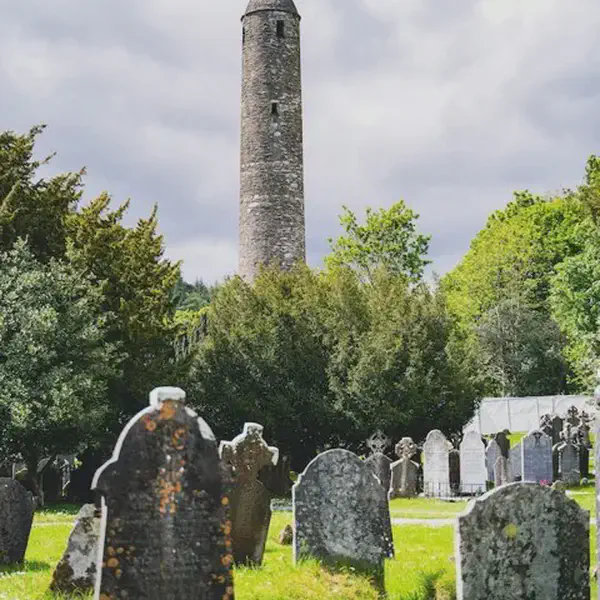
Britains worst train disaster at Quintinshill
Britain’s worst train disaster occurs at Quintinshill, near Gretna Green, on May 22, 1915. Involving three trains, the tragedy results in the deaths of 227 people, most of them soldiers from the 7th Battalion, Royal Scots Regiment, en route to fight in World War I.
ireland

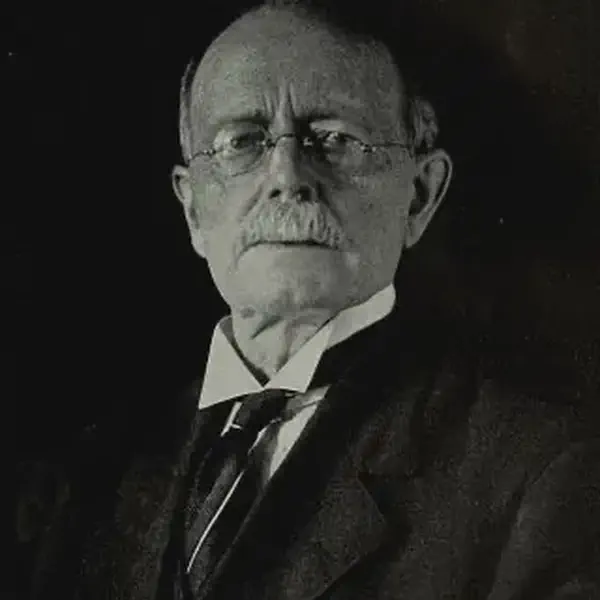
Death of John Holland, from Liscannor, Co. Clare, designer of the first submarine
John Philip Holland, the Irish engineer and inventor who designed the first successful submarine, died on August 12, 1914. Born in Liscannor, County Clare, Ireland, on February 24, 1841, Holland is widely regarded as the father of the modern submarine.
ireland
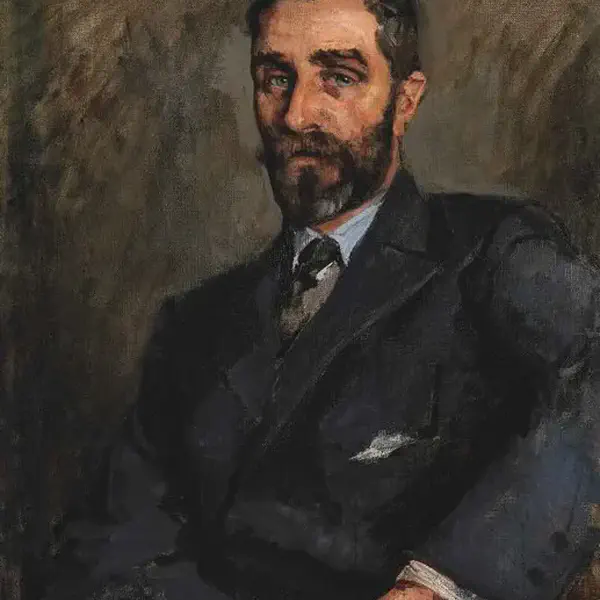
Easter Uprising Arms Arrive
Roger David Casement (Irish: Ruairí Dáithí Mac Easmainn; 1 September 1864 – 3 August 1916), known as Sir Roger Casement, CMG, between 1911 and 1916, was a diplomat and Irish nationalist executed for treason during World War I.
ireland
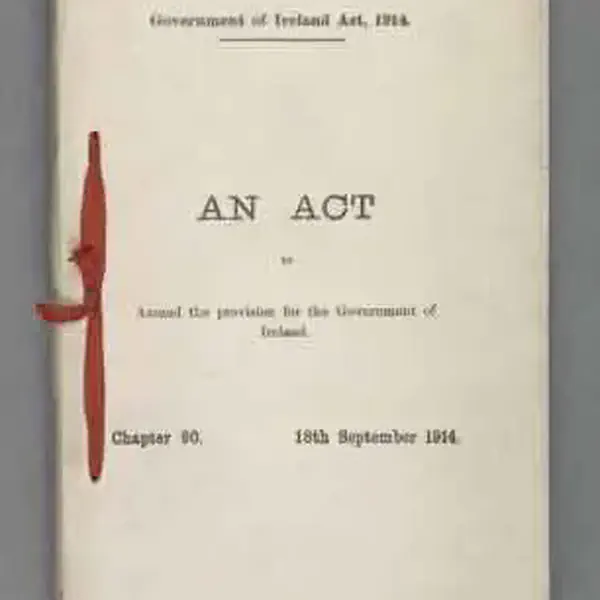
Government of Ireland Bill enacted
The Government of Ireland Act 1914 was the Home Rule Bill that had been first introduced in 1912 and debated in Parliament for two years, which was finally passed under the Parliament Act 1911 and given Royal Assent on 18 September 1914. However, on the same day a Suspensory Act was also passed, which suspended the enactment of two Acts of Parliament (the Government of Ireland Act and the Welsh Churches Act) initially for 12 months due to the outbreak of war.
ireland